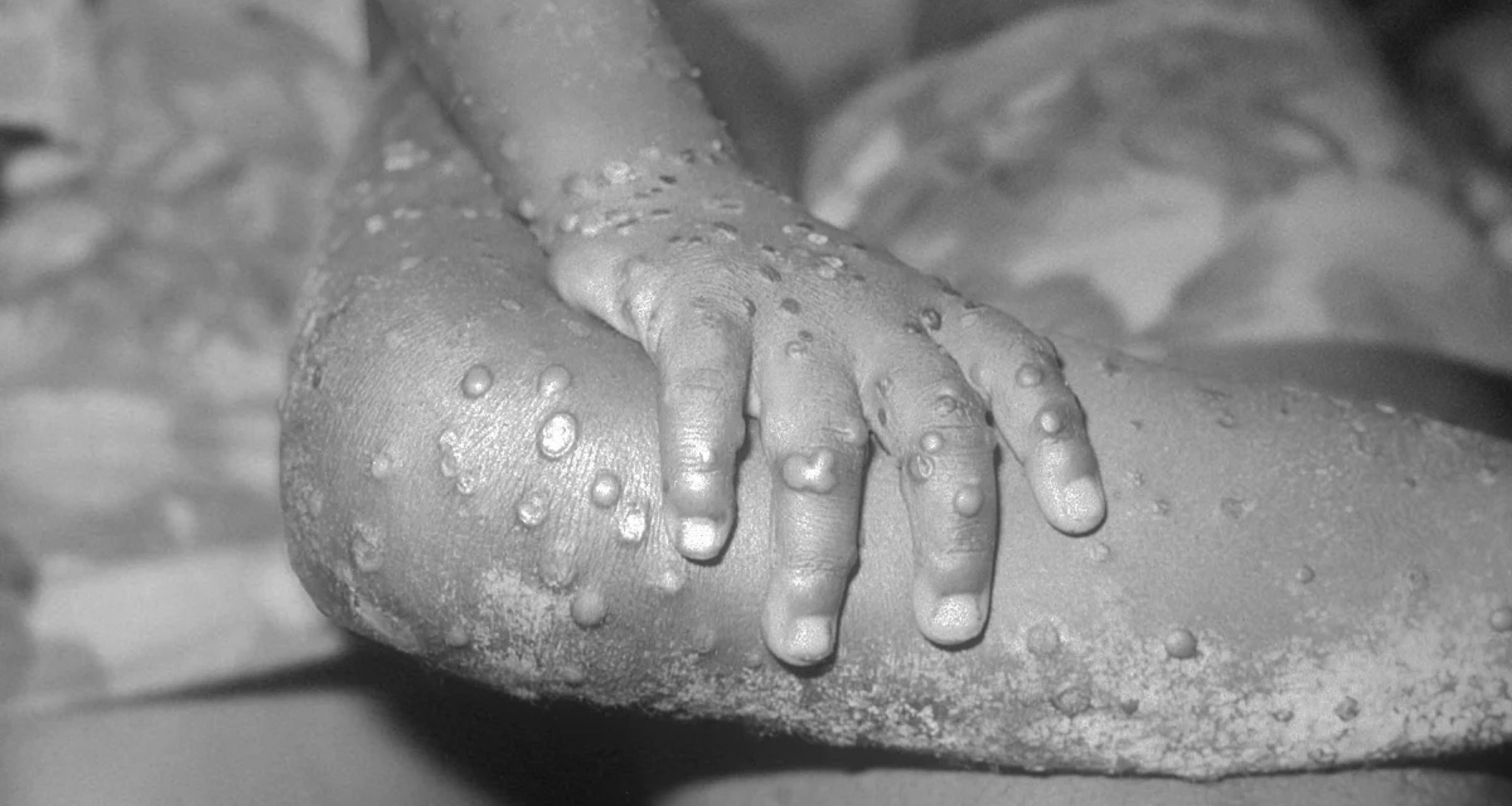Monkeypox: 104 more cases detected in the UK, health officials say
The UK Health Security Agency has reported a further 104 Monkeypox cases, NHS reminds “the risk of catching it is low.”

Words: Emily Maskell; pictures: Wiki
The UK Health Security Agency has reported a further 104 Monkeypox cases in the UK, bringing the national total to 470 cases across the country.
According to the health officials’ report, updated on Monday (13 June), currently “most cases have been in men who are gay, bisexual or have sex with men.”
📝 152 cases participated in more detailed questionnaires. All were men.
📝 151 of those interviewed identified as gay, bisexual or men who have sex with men, or reported same sex contact.
🧳 Travel: 75 cases reported foreign travel within 21 days prior to symptom onset
— UK Health Security Agency (@UKHSA) June 10, 2022
While the report states that the majority of cases have been in gay or bisexual men, there is emphasised messaging that anyone can catch monkeypox, regardless of sexual orientation, through close physical contact with an infected person.
The NHS page on monkeypox states that although there have been some recent cases in the UK, “the risk of catching it is low.”
The report states 452 confirmed cases in England, 12 in Scotland, 2 in Northern Ireland and 4 in Wales.
The UK Health Security Agency has also published its fist technical briefing documents that offer an insight into the investigation into cases of monkeypox in England.
Initial data shows: “151 of the 152 men interviewed identified as gay, bisexual, or men who have sex with men, or reported same sex contact.”
Additionally: “Recent foreign travel, within 21 days prior to symptom onset, was reported by 75 cases, with 59 of these reporting travel within Europe.”
We’ve published our first technical briefing on #Monkeypox.
It shares UKHSA analysis which may be useful to other public health investigators and academic partners.
Thread below 🧵👇Read it here: https://t.co/Vdwsduk9KI
— UK Health Security Agency (@UKHSA) June 10, 2022
Dr Meera Chand, the Director of Clinical and Emerging Infections, UKHSA said: “We are working, both in the UK and together with global partners, to progress the investigations that we need to help us better understand the virus, its transmission and the best use of mitigations such as vaccines and treatments.”
“We use the new data rapidly to inform the public health response and we continue to work to reduce transmission.”
The World Health Organisation (WHO) also shared the news of the research being carried out to assess the priorities for addressing monkeypox.
“Improved control of monkeypox in endemic countries is critical to address increases in disease incidence, and to control importations and outbreaks elsewhere,” the WHO statement reads (3 June).
Previously, The United Nations Aids agency has warned of the “homophobic and racist” media reporting that could lead to the greater stigma of already stigmatised communities.
Attitude columnist, Dr. Ranj, has also backed this sentiment. He offered the advice: “be sensible, be aware of the signs, and beware the hype.”
Anyone with concerns is being advised to contact NHS 111 or a sexual health clinic. People should notify clinics ahead of their visit.
